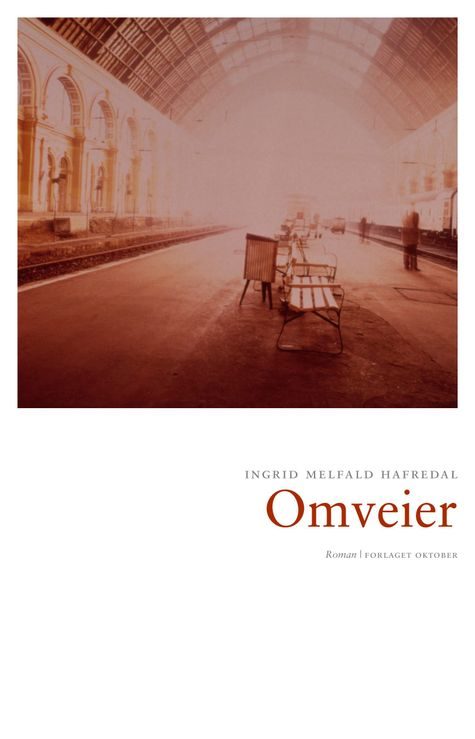Anders asks if I’m nervous. He says I have been walking around the house like a restless little child, or maybe more like an animal, he says, but it can’t get any tidier here than it is. Why should I be nervous, I ask, it’s only Julia.
Sara lives in her childhood home with Anders. Her sister, Julia, returns home from Italy and moves in with Sara and Anders. while looking for a place of her own. The two sisters haven’t seen each other for ten years.
Detours is a novel about jealousy and finding your own way, about loss and new chances. In tender and poetically charged prose, Ingrid Melfald Hafredal tells the story of a young woman who lacks a firm footing in her life.
Praise for Detours:
“The novel touches on more or less all the great themes of life and literature: childhood, family, love, work, change and death … The novel consists of short, undramatic scenes, broken up by little glimpses of what starts out as childhood memories, and evolves into more contemporary notes … the little sketches are full of life. With their artful little observations, these interjections contribute to the subtext, hinting at the story that is never told … she succeeds with her literary project”
Klassekampen
“A stylish, stylized and stylistically confident debut … a beautiful book where the emotional richness is inversely proportional to the number of pages and words”
Stavanger Aftenblad
“A wonderful debut about three people who for some reason choose physical and mental detours in their lives … there is suspense in the book, a psychological dynamics that makes the novel a mild pageturner … There is a plethora of beautiful sentences in the book”
Adresseavisen
“Hafredal’s debut is a bitter-sweet portrait. About free and unfree choices. About staying or disappearing. Everything written in tender, sensuous prose. A prose that brings up memories in the reader, of the road from playing among the fruit trees in the garden as a child to all the choices one has made since. Or been forced to make. The novel is like a golden, ripe fruit. Locally grown and ready to be picked. Now”
Telemark Arbeiderbald

